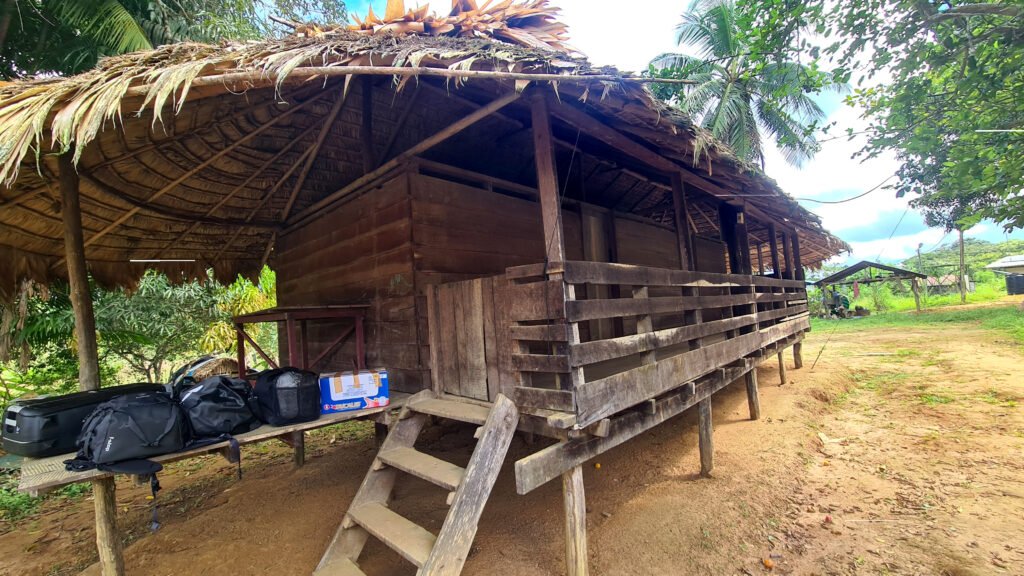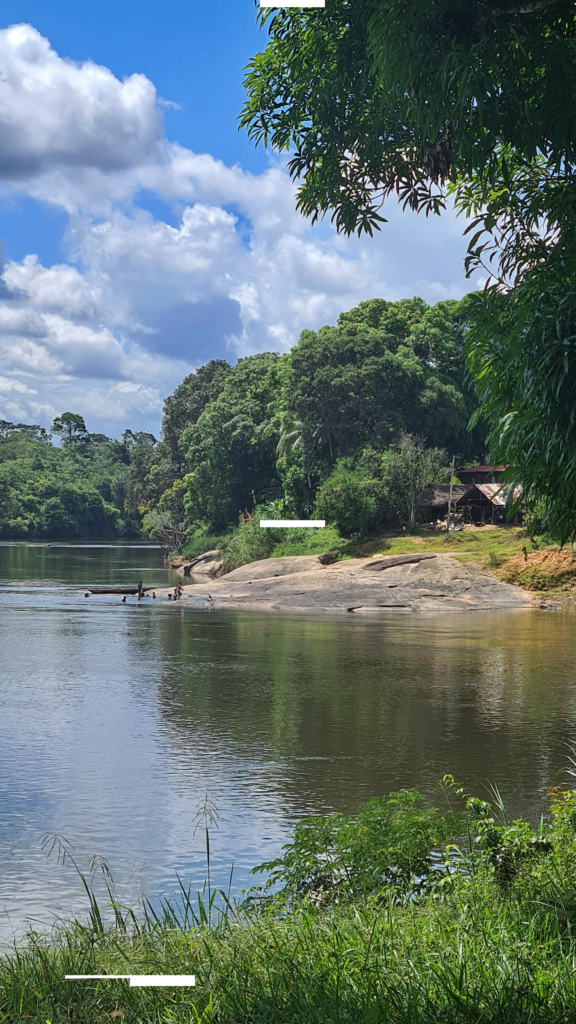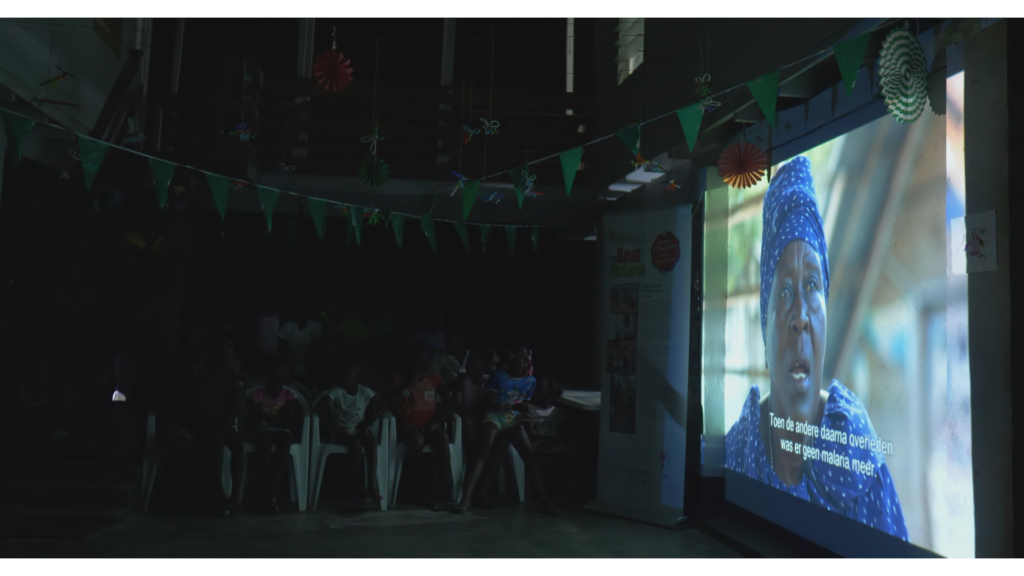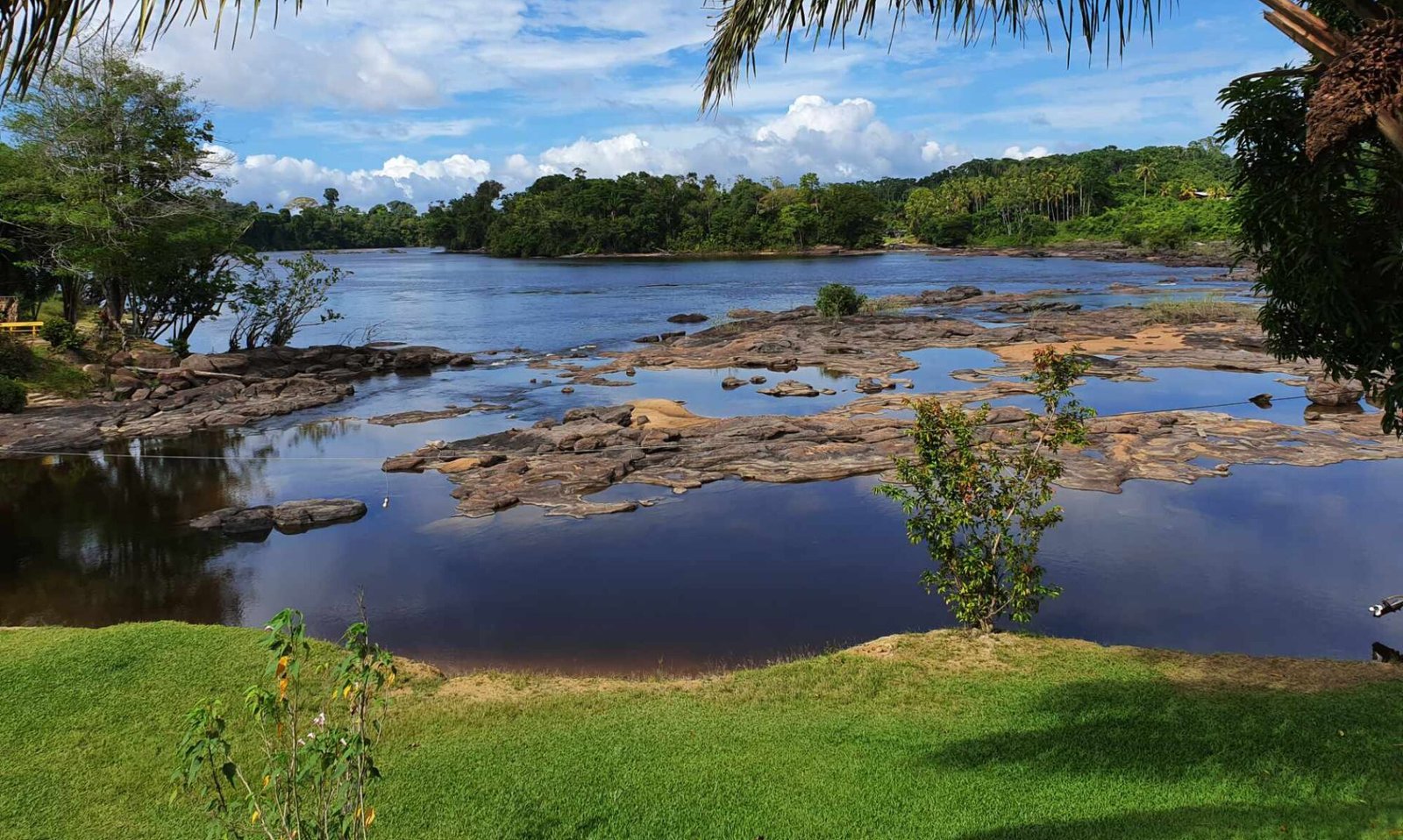Starting June 3rd, 2024, a Malaria campaign has started on 11 local tv stations in Suriname.
The short documentaries were filmed in the villages Pelele Tepu, Diitabiki and Stoelmanseiland in the interior of Suriname. Stories from the period when Malaria was at its peak.
In 2023 the Pan American health Organization awarded Suriname for being the first Amazonian country to report zero malaria cases for a year.
The Malaria Program Suriname is working hard to keep Suriname malaria free.
The stories from village elders will be used to inform young people about the disease and the effects it had on the communities.
A team from the Grun Grontapu Foundation produced these films.
Today we speak with Steven Leeflang, the director of these films.
Can you tell us about the process of making these films?
The process of these films was different compared to other films we made. These are stories from people in villages of tribal people. Grun Grontapu foundation recognizes that the tribal people have a special status in our country and that we should follow procedures in dealing with those communities. Suriname has ratified several declarations on the rights of indigenous and tribal people.
Our team, of which some members are trained on the rights of indigenous and tribal people, was eager to use the Free Prior Informed Consent (FPIC) in our process. It was a process from which we learned a lot.
We first informed the communities about what the idea behind the films was and asked if they thought it would help their communities. This took some time. After this process we asked the Tribal leadership for and the villages for consent.
When we received that consent the District Commissioner, a representative of the Surinamese government, was notified that our crew would do the production in the selected villages.
This was the short version Leeflang says.
Did you get cooperation during the actual research and filming in the villages?
Cooperation was tremendous. In both the Indigenous and Maroon villages people wanted to share their stories. They wanted to let the youngsters know how it was during the hard times when there was malaria in their villages, when people even died from it.
Our team felt very welcome.

Field accommodations of the team
How are the villages different from other places you filmed?

Tapanahony river viewed from Tepu
Where do I start?
The villages are all reached by flying. You can reach them by dugout canoe but for some it would take longer than a week. In Pelele Tepu for example there is no water out of a tap. Rainwater is used for drinking and cooking, everything else is done with river or creek water. People hunt, fish and do small-scale agriculture.
Electricity was only during the day because there is a small-scale solar power system. At the time we were there the batteries could not keep their charge. So, there was only power during the day. That is what the community is dealing with. A lot of struggles.
What we did to help, is that we donated our pickup chartered flight as a cargo flight to the community. They could get supplies from the capital. There are no regular scheduled flights to Pele Tepu and if one comes 1 kilogram of freight is 100 Surinamese dollars (3,50 us dollars). This is very expensive for the villagers.
Did the villages see the final films?
Oh yes, certainly. As part of our process based on FPIC we went back to each village together with a team of the Malaria Program led by Katia Delvoye , behavior change communications coordinator.
The Malaria Program Suriname had Movie nights in all villages to get the consent of the communities that we could use the films, the final products as educational tools and for broadcast. This was appreciated by the villages. We were complemented about how we went about the whole process.
It is only after showing the films and getting consent from all the villages that the films were released for broadcast.
After the TV broadcast campaign, the films will be available on YouTube.
Movie night at Diitabiki
We are very honored that we were given the chance to be a small part in the greater effort to keep Suriname malaria free.
